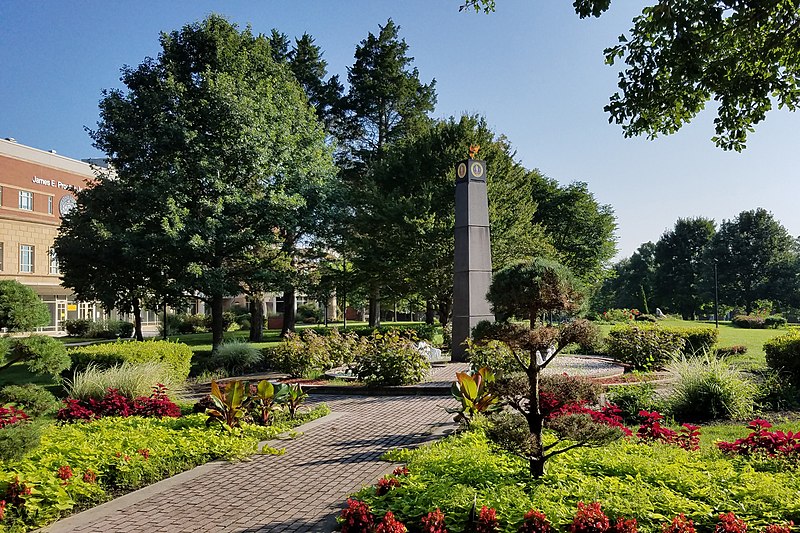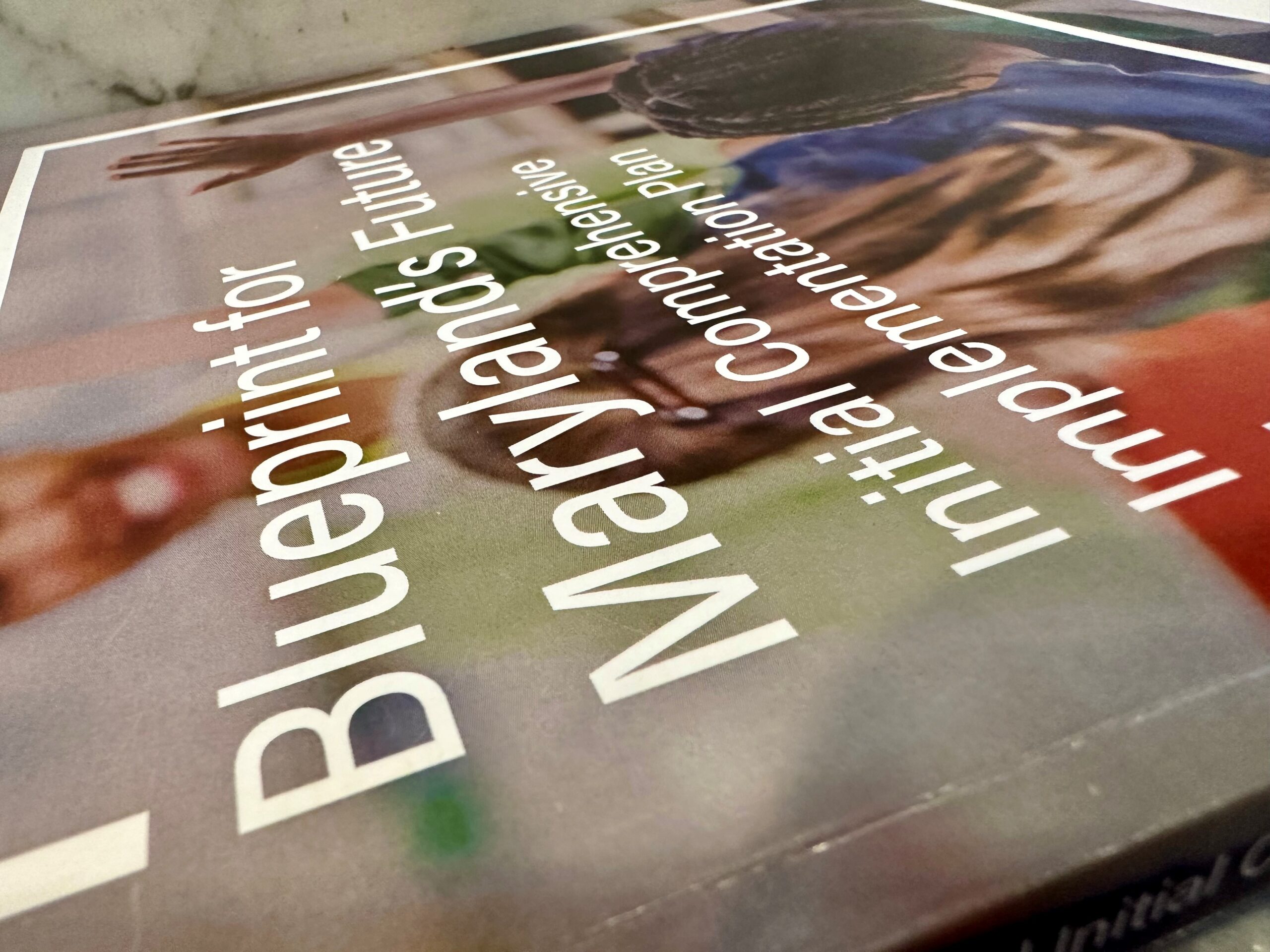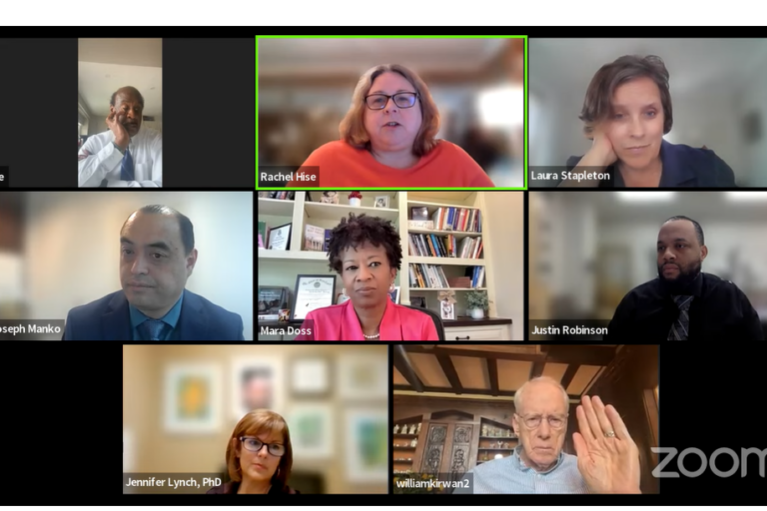FBI Probes Bomb Threats Against HBCUs; Campuses Reopen After No Explosives are Found

More than 20 FBI field offices around the nation are investigating a series of bomb threats characterized as hate crimes against Historically Black Colleges and Universities and unidentified “houses of worship” but have found no explosives at the sites, the agency announced Wednesday.
The statement did not say whether the threatened houses of worship, like the HBCUs, are predominantly Black.
“These threats are being investigated as racially or ethnically motivated violent extremism and hate crimes,” the FBI announced Wednesday from Washington, D.C. “Although at this time no explosive devices have been found at any of the locations, the FBI takes all threats with the utmost seriousness, and we are committed to thoroughly and aggressively investigating these threats.”
Also Wednesday, NBC News reported an FBI official had identified six “tech-savvy” students as persons of interest in the investigation.
The announcement comes the day after multiple campuses around the nation were targeted with bomb threats on Monday and Tuesday. It was the latest in a string of incidents after an initial report of threats Jan. 5.
The campuses impacted this week include Morgan State, Coppin State and Bowie State in Maryland; Howard University, in Washington, D.C.; Spelman College, Fort Valley State University, and Albany State University, all in Georgia; Bethune-Cookman University and Edward Waters University, both in Florida; Xavier University and Southern University and A&M College, both in Louisiana; Harris-Stowe State University in Missouri; Philander Smith College and Arkansas Baptist College, both in Arkansas; Kentucky State University; and five HBCUs in Mississippi, according to news reports and postings by the educational institutions.
Morgan State University President David Wilson sent a message to the campus community on Tuesday.
“Our history has been one where we have endured all kinds of challenges and disruptions, but we have always emerged stronger,” Wilson wrote to students. “…My message to you this morning is to stay strong, remain resilient, and continue to prepare yourselves to grow the future and lead the world because our nation and world desperately need more leaders steeped in the values we teach here at Morgan.”
Jay A. Perman, chancellor of the University System of Maryland, which includes Bowie State and Coppin State, said the system would stand in solidarity with all of Maryland’s HBCUs.
“If the intent of these threats was to restrict access to our historically Black institutions — to restrict access to higher education itself — it will fail. If it was meant to sow division, it will fail. If it was meant to terrorize students and communities of color, it will fail,” Perman said in a statement. “Because we will work even harder to make sure our HBCUs, and everyone they serve, feel the full weight of our protection and support.”
U.S. House Majority Leader Steny H. Hoyer (D-Md.) called the threats “horrifying and inexcusable.”
In a statement, Hoyer said the terror caused by the threats “raises serious questions about the existence of hate-based violence across our nation and in our communities.”
Most of the colleges and universities announced precautionary lockdowns when the threats were made but were open again Wednesday after investigators and bomb-sniffing dogs confirmed the campuses were safe, according to local, state and federal law-enforcement agencies.
U.S. Rep. Bennie Thompson, a Mississippi Democrat and chair of the House Homeland Security Committee, suggested Tuesday that the threats against the Black educational facilities are part of “the dynamic terrorism threat landscape” that has emerged in the United States. The Homeland Security Committee hosted a virtual hearing on the subject Wednesday morning.
“The spate of bomb threats against Historically Black Colleges and Universities (HBCUs) in recent days is incredibly disturbing and disheartening. It is not lost on me that these threats are targeting African American educational institutions at a time when we are observing Black History Month,” Thompson said in a statement issued Tuesday.
“Moreover, this rash of threats against HBCUs puts further strain on campuses and communities that were already under great stress, as they try to operate safely during the pandemic,” Thompson stated. He pledged to ensure that federal agencies investigate the threats and provide HBCU leaders with “the answers they deserve.”
Sonel Shropshire, president of the National Association of HBCU Students and Alumni, based in Lancaster, California, said that disruption and intimidation are likely the goals of the parties who made the threats but apparently did not set bombs.
“Anything that prohibits access [to the HBCUs] inhibits advancement and development,” Shropshire said, adding that the disruptions in these cases fortunately were minimized. “As far as I know, all of them have reopened.”
The Florida Phoenix is part of the States Newsroom network.





 Creative Commons Attribution
Creative Commons Attribution